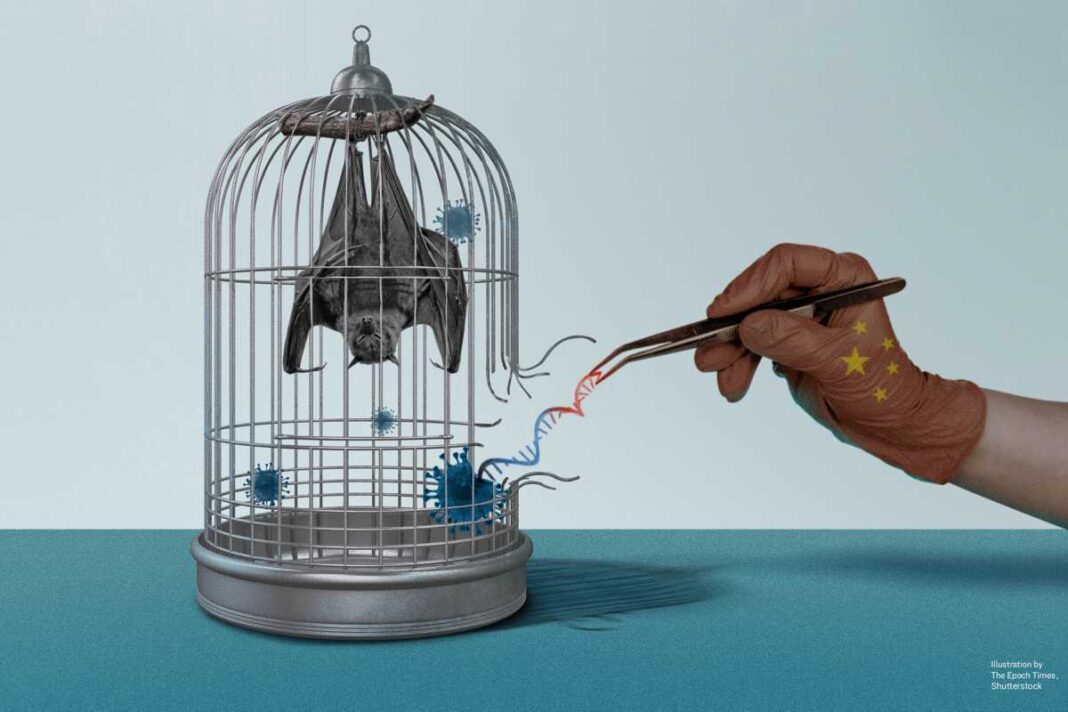On MSNBC, Rachel Maddow warned that the Supreme Court had just unleashed death squads to roam our streets. CNN legal analyst Norm Eisen announced that murder was now legal (at least for presidents), while others predicted that the ruling on presidential immunity would invite “tyranny.”
Anyone reading the coverage would conclude that James Madison has been replaced by John Wick in a new “Baba Yaga” Republic.
President Biden fueled the sense of panic in an address that repeated widespread false claims about the decision in Trump v. United States. Biden told the country that “for all practical purposes, today’s decision almost certainly means that there are virtually no limits on what a president can do.”
That, of course, is not true.
I have long opposed sweeping presidential privileges and powers. I have long argued that a sitting president can be criminally charged in office. But the portrayal of this Supreme Court opinion by the left and the media is wildly off base.
As it has in the past, the court adopted a three-tiered approach to presidential powers based on the source of a presidential action. Chief Justice John Roberts cited Youngstown Sheet and Tube Co. v. Sawyer, in which the court ruled against President Harry Truman’s takeover of steel mills.
In his famous concurrence to Youngstown, Justice Robert Jackson broke down the balance of executive and legislative authority between three types of actions. In the first, a president acts with express or implied authority from Congress. In the second, he acts where Congress is silent (“the zone of twilight” area). In the third, the president acts in defiance of Congress.
In this decision, the court adopted a similar sliding scale. It held that presidents enjoy absolute immunity for actions that fall within their “exclusive sphere of constitutional authority” while they enjoy presumptive immunity for other official acts. They do not enjoy immunity for unofficial or private actions.
The proceedings in Manhattan after the decision belie the claims that a president can now commit murder with impunity. Judge Juan Merchan is likely to find that Trump’s conduct in office in approving payments related to Stormy Daniels fall into the third, unprotected category. While some of the testimony may have intruded into protected areas, most experts anticipate that the court will reject dismissal of charges under an absolute immunity claim. Judges in the other Trump prosecutions will be performing the same inquiry, though the impact is likely to be much greater in the case of the special counsel in Washington, D.C.
By Jonathan Turley








